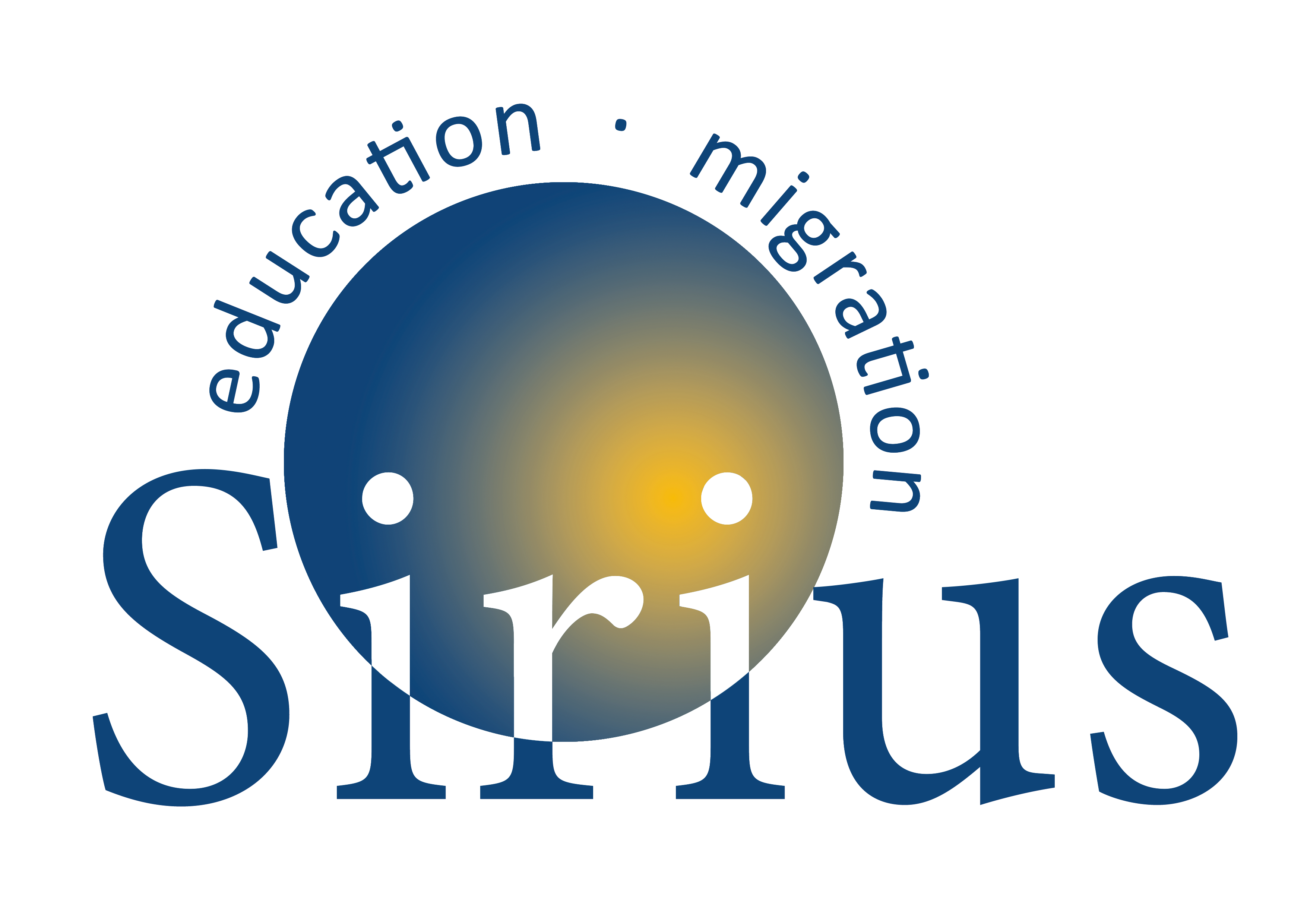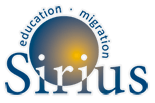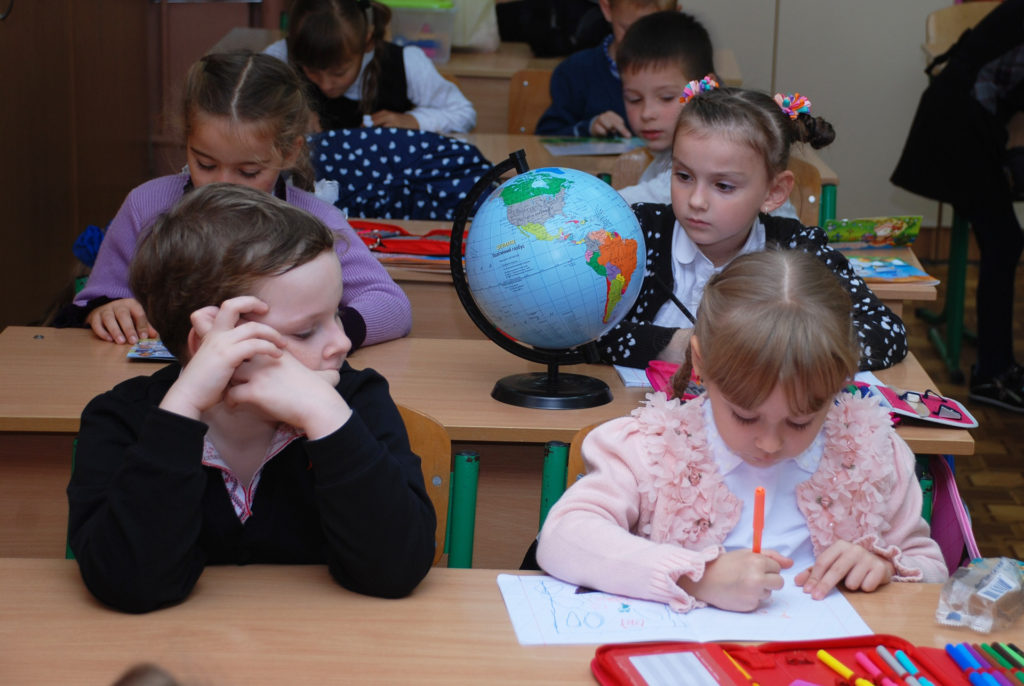Since September 2013, Migration Policy Group has held a number of stakeholder meetings with European civil society stakeholders in order to develop a common vision on migrant education amongst migration and education stakeholders. The aim of these meetings was, in particular, to develop policy recommendations in order to consolidate a migrant education agenda on the basis of the consensus of European civil society stakeholders on the following topics:
- Educational support to newly arrived migrant children
- Promoting multilingualism among immigrants
- Vocational education and training to counter social exclusion
- School concentration
- The face of diversity: How to increase the representation of people with a migrant background in education
- Teacher training and professional capacity
- Mentoring in education
Once the policy recommendations had been developed and agreed with the SIRIUS steering committee, another consultation took place with the stakeholders in order to agree on a final version of the agenda and recommendations on migrant education.
Thanks to the input of numerous EU stakeholders as well as a variety of SIRIUS partners, A Clear Agenda for Migrant Education in Europe has been developed, together with the recommendations on the above mentioned topics. Many of those who contributed to the meetings and the agenda also endorsed the document with the following messages:
- European Association for the Education of Adults (EAEA): EAEA is happy to endorse the recommendations coming from the SIRIUS network as they complement our work in adult education. Access to learning for migrants must be a priority from early childhood to adulthood.
- European Association of History Educators (EUROCLIO): Supports the SIRIUS Agenda for Migrant Education in Europe and in particular its call for more inclusive educational systems and approaches, in line with EUROCLIO’s principle of high quality history, heritage and citizenship education that embraces cultural, religious and linguistic diversity as a way to foster social cohesion and contribute to intercultural dialogue.
- European Network against Racism (ENAR): Endorses the document A Clear Agenda for Migrant Education in Europe along with its Recommendation to Educational Authorities in Member States.
- European Network of Migrant Women (ENoMW): If we want to live in a just society, education is the place to start with. If we want migrant girls to be a part to that society, education is a real place to support them.
- European Network to Promote Linguistic Diversity (NPLD): Fully supports the SIRIUS Network recommendations and works to ensure an equitable approach to multilingualism, including state languages but also regional, minority, lesser-used as well as migrant languages.
- European Parents Association (EPA): Parents’ associations all over Europe are aware of the challenges migrant families are facing when trying to adjust to a new country and a new education system. The European Parents’ Association finds it very important that all children are supported in their education in a way that serves their best interest and at the same time parents are also given all necessary state support as stated in Article 18 of the UN Convention on the Rights of the Child.
- European Students’ Union (ESU): ESU was founded on the idea that every student should be respected and represented. We view these recommendations and their focus on a learner-centred approach as integral in achieving this and allowing all students to prosper within the education system regardless of socio-economic background. For this reason we fully endorse the document.
- European Youth Forum (EYF): EYF demands quality and inclusive education for everyone. The EU rate of early school leaving being almost double for foreign-born learners points to difficulties and barriers that EU leaders must take urgent action to tackle. These recommendations, produced after careful study by the SIRIUS group, show what action is essential for the inclusion of young migrants and those with a migrant-background and we urge EU leaders to act to implement them.
- International Migration, Integration and Social Cohesion Research Network (IMISCOE): The Clear Agenda for Migrant Education in Europe along with its Recommendation to Educational Authorities in Member States came into being with the support of IMISCOE.
- Migration Policy Group (MPG): Through SIRIUS, education stakeholders, migration stakeholders, and immigrant-run initiatives have finally come together at both national and EU level to create and endorse a common agenda for an inclusive and equitable education for immigrant learners. MPG hopes that these and other actors will take up and implement these recommendations at national and EU level, leading to greater mainstreaming, better coordination and more effective policies on the ground.
- Migration Policy Institute (MPI) Europe: Policies that support migrant students in their educational trajectories, from early childhood through secondary, vocational and adult education, are essential to improve outcomes and successful integration efforts for migrant children and their families. MPI Europe endorses the SIRIUS policy network’s recommendations on improving education for children and young people with a migrant background and their goal of promoting access to high quality learning opportunities for all.
- Network of Education Policy Centers (NEPC): Endorses SIRIUS in its work to provide equal educational opportunities for all in European Union. NEPC believes that education policy at all levels of education should be driven by the principles of social justice and the need to remove all forms of inequity from our educational systems which are crucial for creating societies based on values that EU promotes. The promotion of equal opportunities is not just the responsibility of policy makers but all the stakeholders in education who should strive for continuous improvements in this aspect.
- Open Society Foundations: Endorses the call from the SIRIUS network for a clear agenda to affirm and support the equal right to education in inclusive settings for all European residents, including children and youth with migrant backgrounds. We welcome the recommendations put forward here by SIRIUS to strengthen education inclusion and equity, they are important for improving the quality of education overall and crucial for building a stronger and fairer Europe. We endorse the agenda for this conference and urge Member States to incorporate these principles in their education policies.
- Organising Bureau of European School Student Unions (OBESSU): OBESSU strongly believes that each learner has the right to high-quality education, regardless of socio-economic background. These recommendations, focusing on one particular aspect of social inclusion in education, are completely in line with OBESSU’s views on the topic and we therefore fully support it.
- Platform for International Cooperation on Undocumented Migrants (PICUM): As well as the challenges that all migrant children may face to enjoying their education and realising their full potential, undocumented children face specific discrimination in European education systems due to their migration or residence status. Policy makers and service providers should ensure inclusion of undocumented children in measures to improve educational outcomes for migrant children, and address the specific status-related barriers, to enable all children to have access to high-quality education at all levels, without discrimination.


